Namibia - 1989 - National Assembly Election
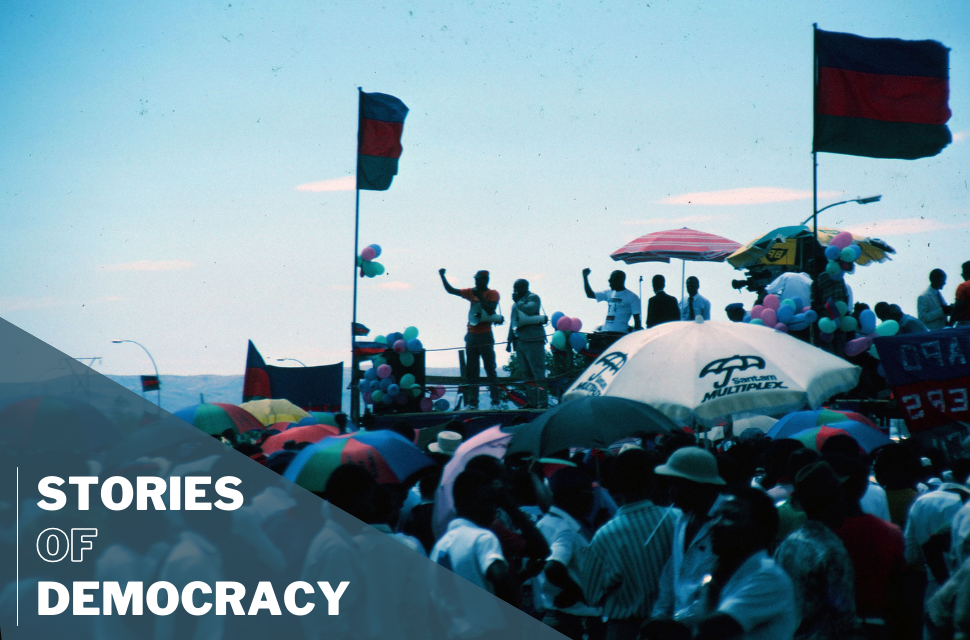
Namibia, formerly known as South West Africa, was a contested territory from the outset of its colonial annexation in the 1880s through the conduct of elections held under United Nations (UN) auspices in 1989. The Territory had been annexed by Germany, however, after World War II its status became a legal question as South Africa was now pursuing annexation maneuvers. In 1966, the UN recognized the South West African People’s Organizations (SWAPO) as the “sole and authentic representative of the Namibian people,” and declared the Territory to be its direct responsibility.
The status question remained unresolved through 1975 until the UN Security Council adopted Resolution 385, which called for elections to be held under UN supervision; and for Namibia to vote as one political entity, not as 12 “homelands” proposed by South Africa in the 1962 Odendaal Report. This was one of the first such resolutions containing a call for elections under UN supervision. The implementation of SCR 385 was eventually negotiated in the 1978 Settlement Proposal. The Settlement Proposal was a framework for status resolution and mandated the South African Administrator General (SAAG) to administer the transitional elections while not recognizing any of South Africa’s legal claims to the Territory. The UN peacekeeping mission, the United Nations Transitional Assistance Group (UNTAG), would oversee the SAAG operations. Elections as the means for political transition were central to the proposal.
The elections were administered by the South African Administrator-General (SAAG) under the supervision of UNTAG. The two major political parties were SWAPO, the three-decade old nationalist liberation movement founded in 1958; and the Democratic Turnhalle Alliance (DTA). The DTA has been described as “a multiracial coalition of parties founded in the wake of the South African-sponsored Turnhalle Conference in 1977. The DTA participated in the South African-sponsored Turnhalle government from 1979 to 1983.”
Eric Bjornlund was a practicing lawyer for a private firm right out of law school. During his tenure as a lawyer, Eric did pro-bono work on cases relating to International Human Rights Law. It was through this that he met another lawyer from Namibia who had been working on transition and efforts to protect human rights in Namibia. Namibia looked to countries with an established litigation under a bill of rights. Eric got involved in litigating several high-profile cases using precedence of US constitutional interpretation and arguing cases in Namibian court. He wrote a law review article about how the Bill of Rights in Namibia could be litigated to protect human rights, and how the situation could be something of a test case and a transition to majoritarian democracy like in the case in South Africa, which has not yet happened in the late 1980s.
In 1989 he was introduced to NDI, as NDI was preparing to organize observers for the upcoming 1989 elections. It was then he went to Namibia with NDI during these elections, as he observed the landmark transitional elections in November. Eric wrote a book link report about the transition process entitled ‘Nation Building the UN in Namibia’, commissioned by members of Congress to study how the UN was getting involved in a new year promoting nation-building and democracy around the world. This was the first time UN peacekeeping was associated with a UN role in elections. From that experience, Eric decided to do democracy promotion and advocate for human rights on a full-time basis and never went back to practicing law again.
In the recording above, you can hear Eric himself speak about his experience of observing the election for the National Democratic Institute for International Affairs (NDI).

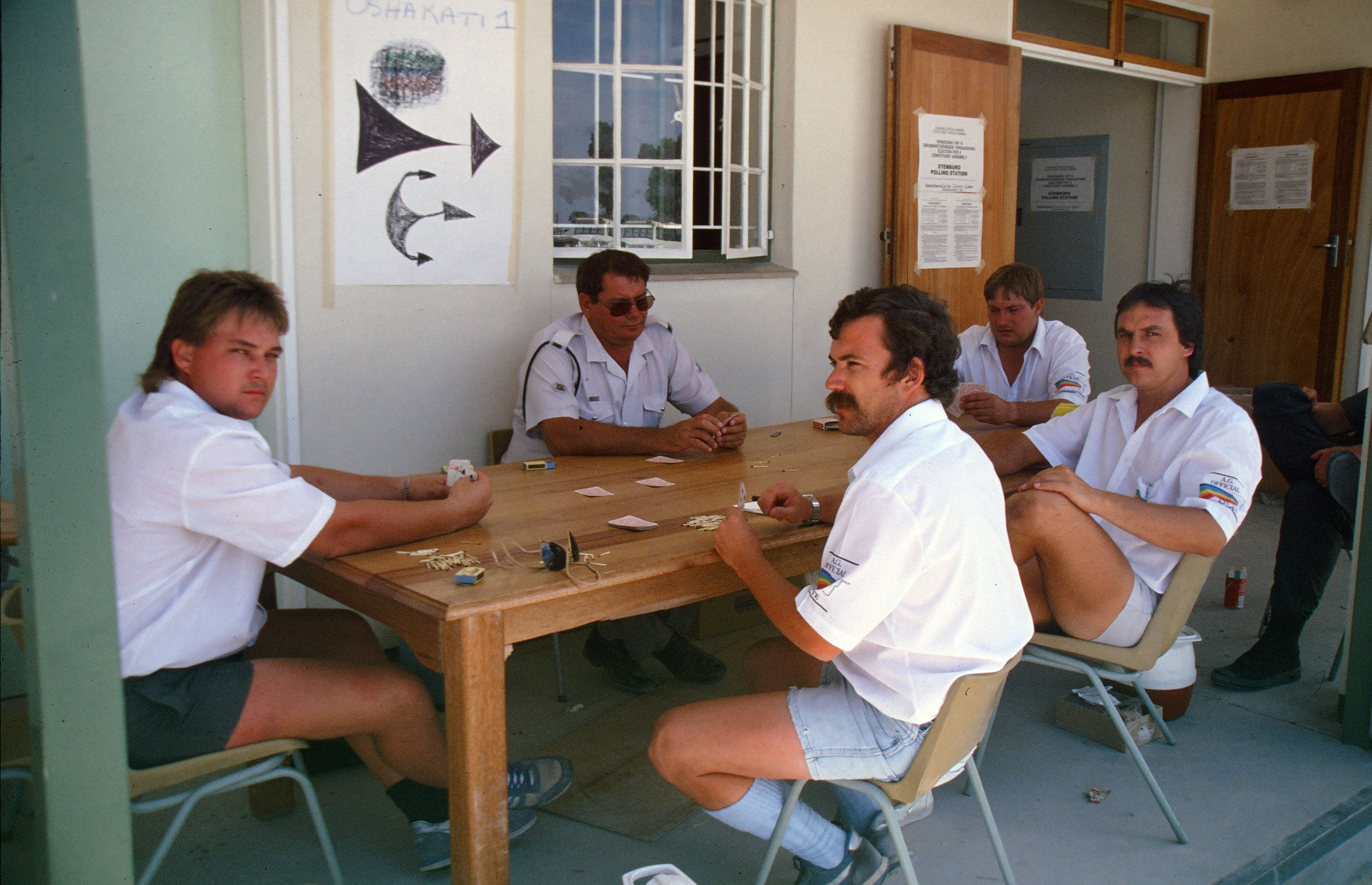
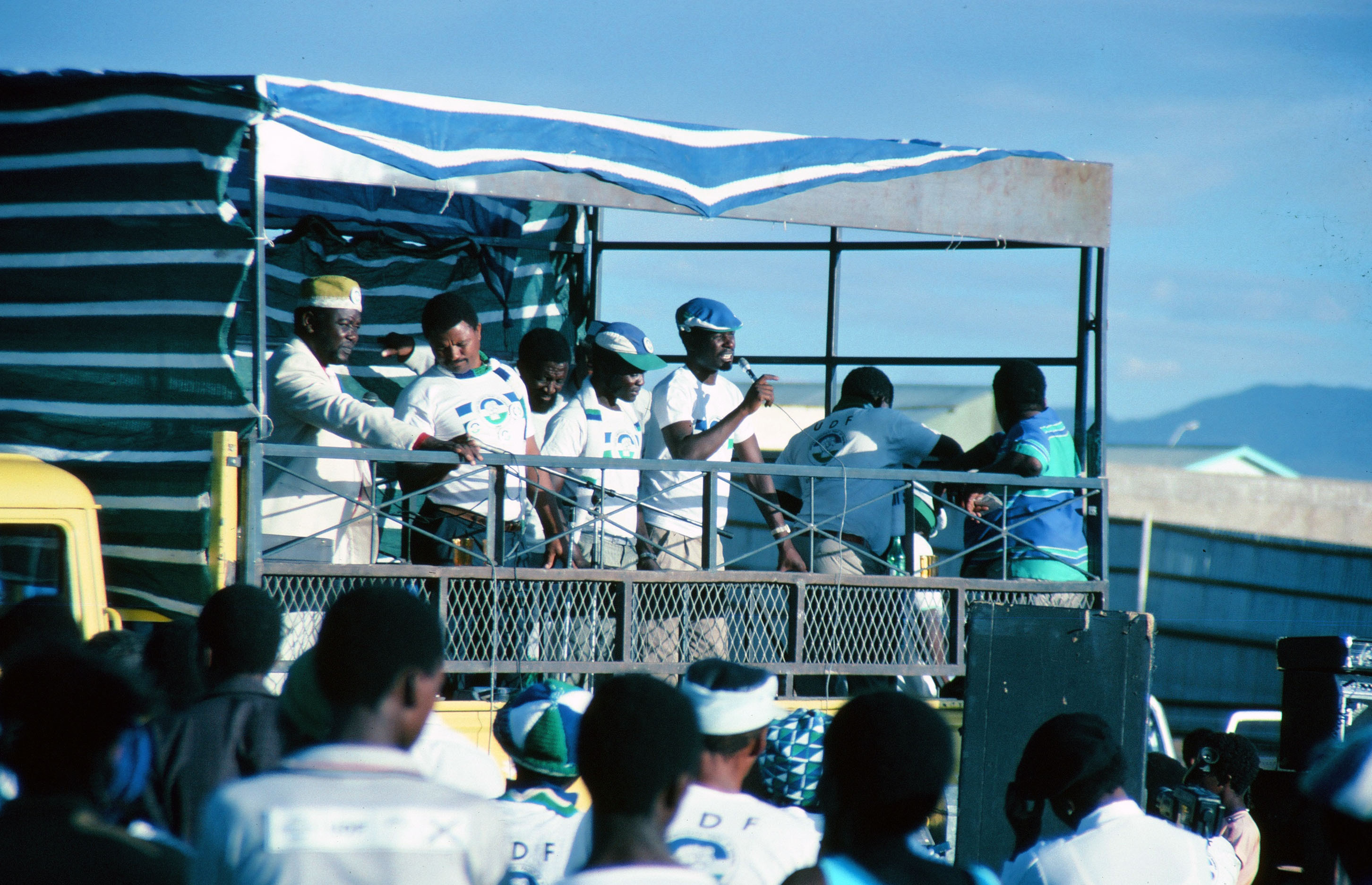
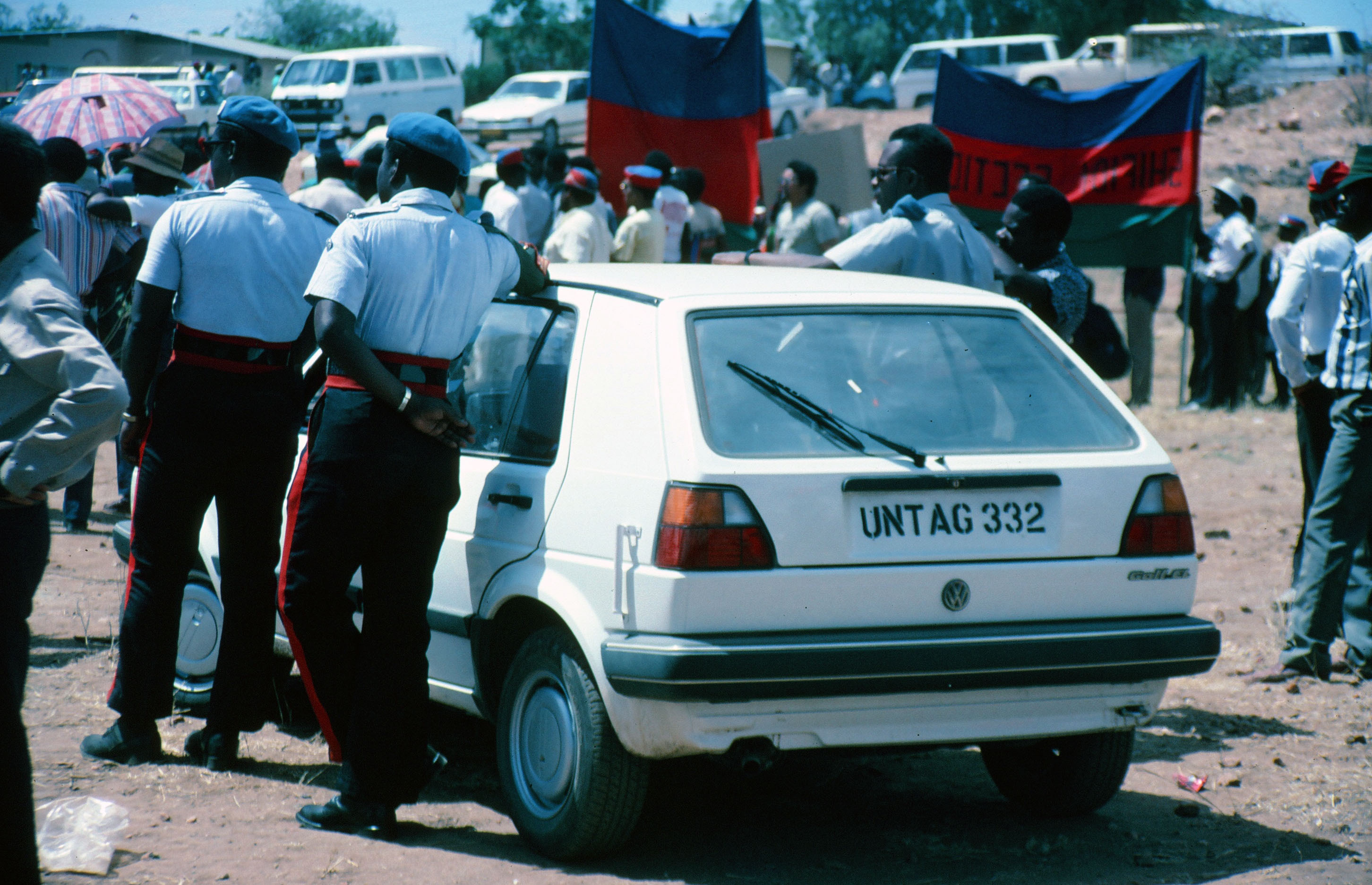
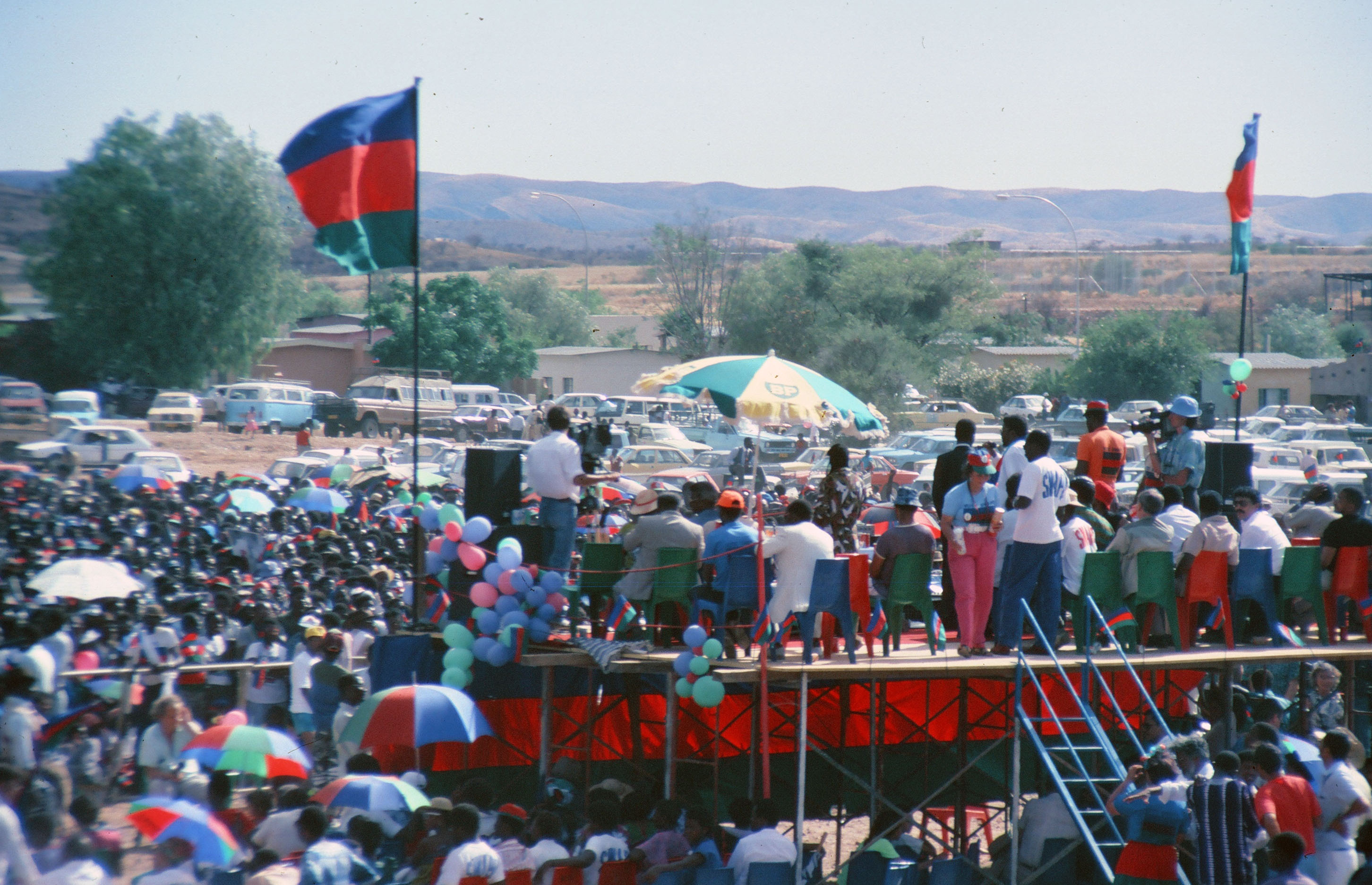
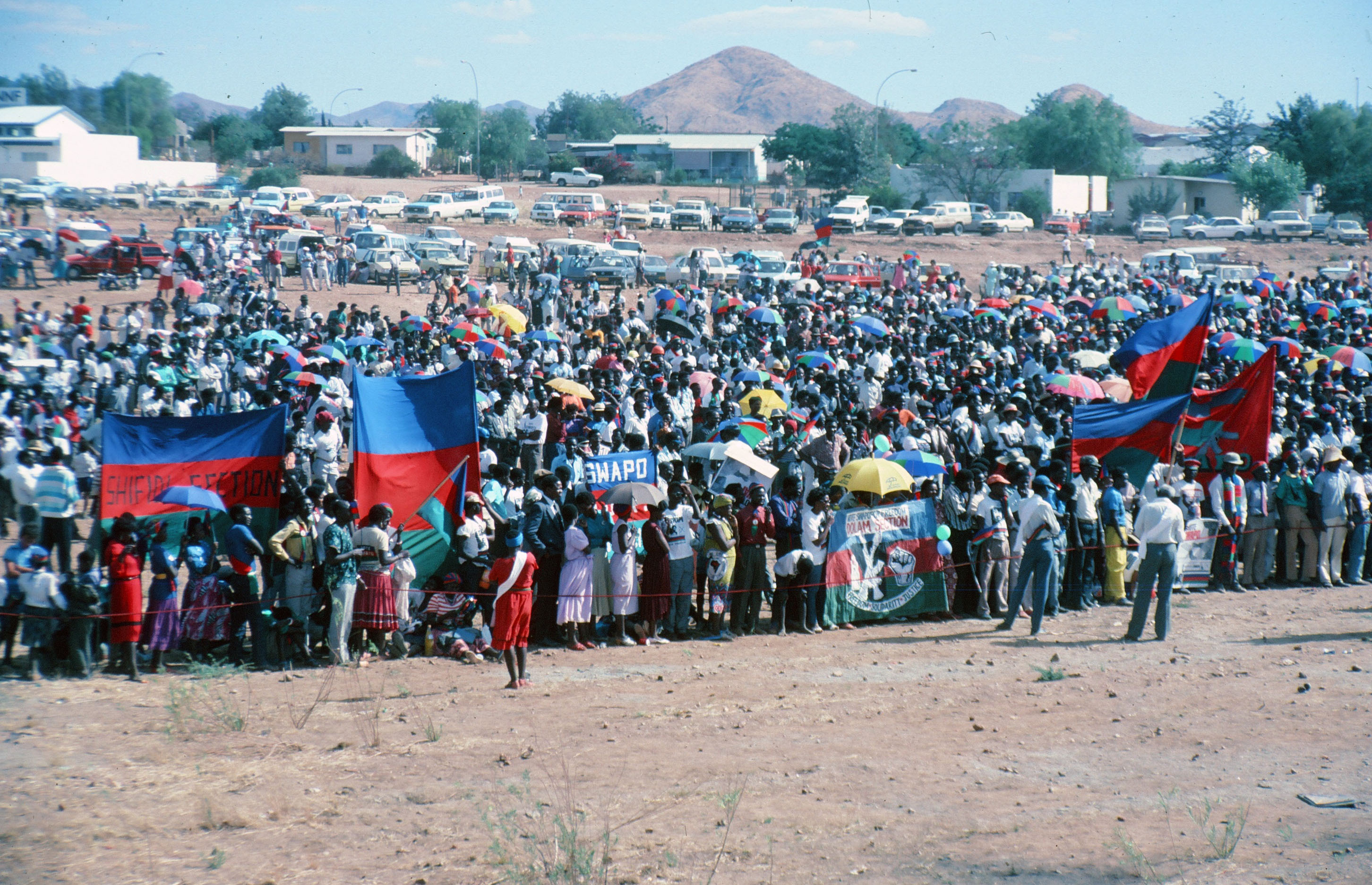
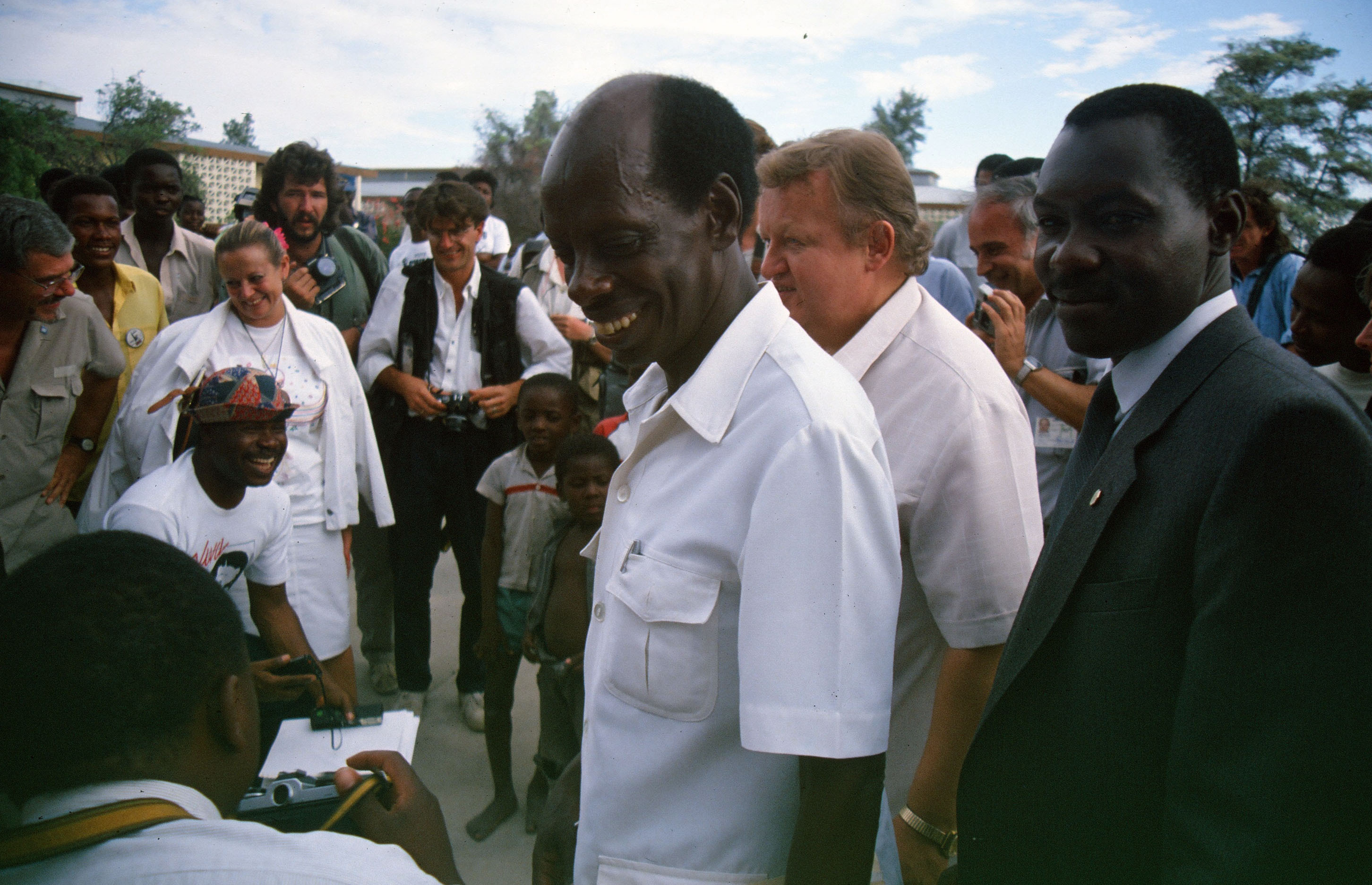
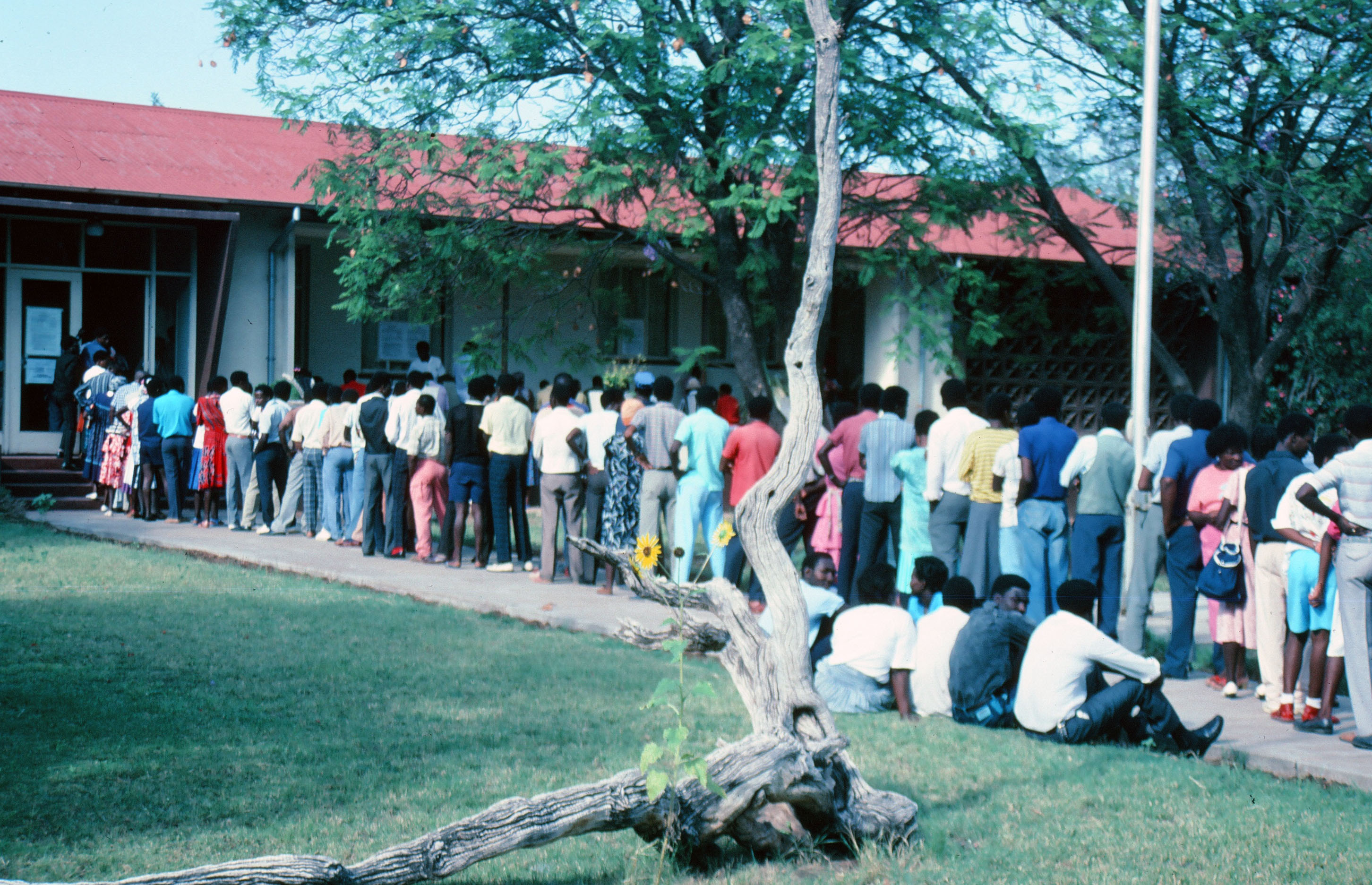
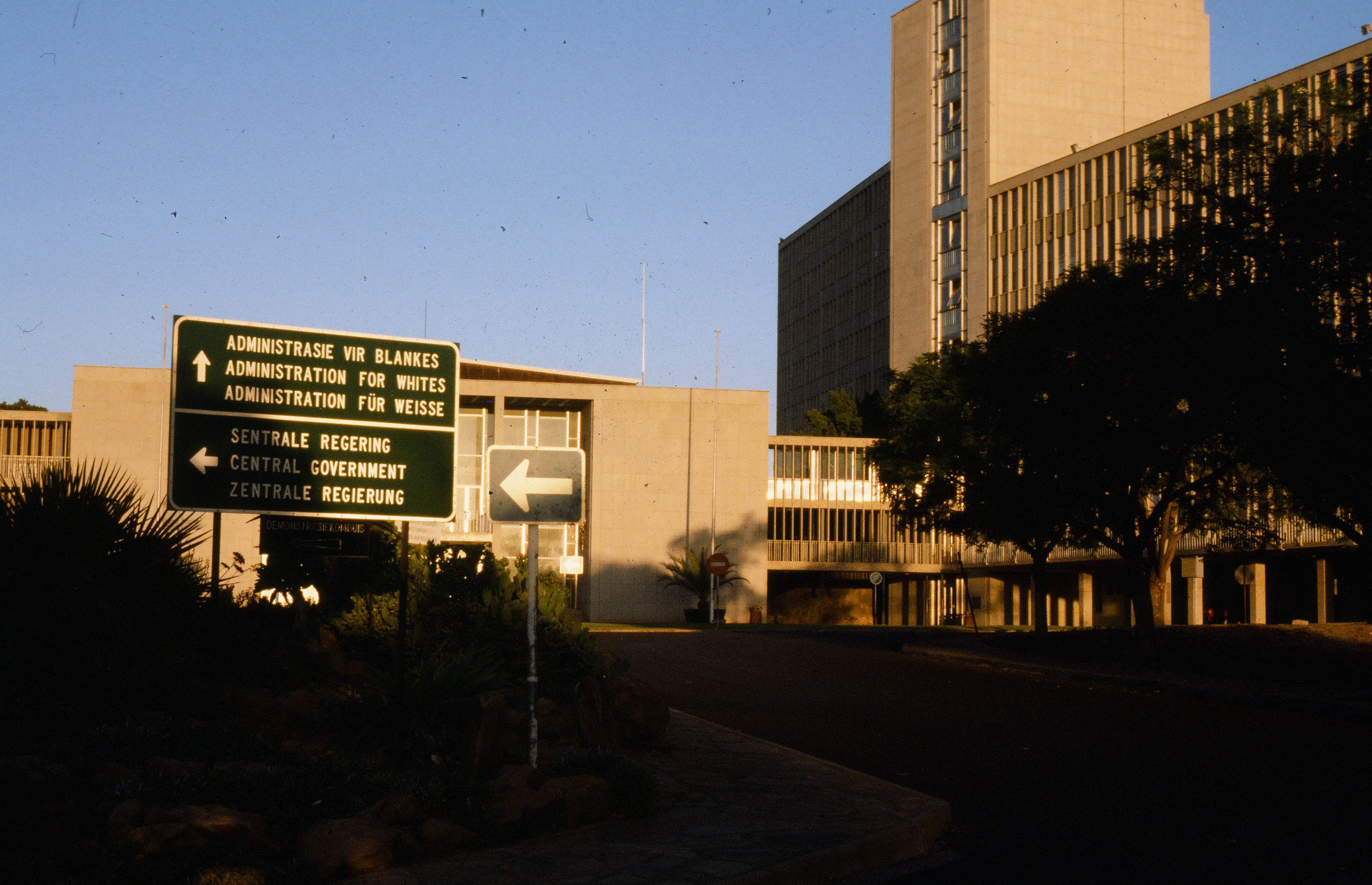
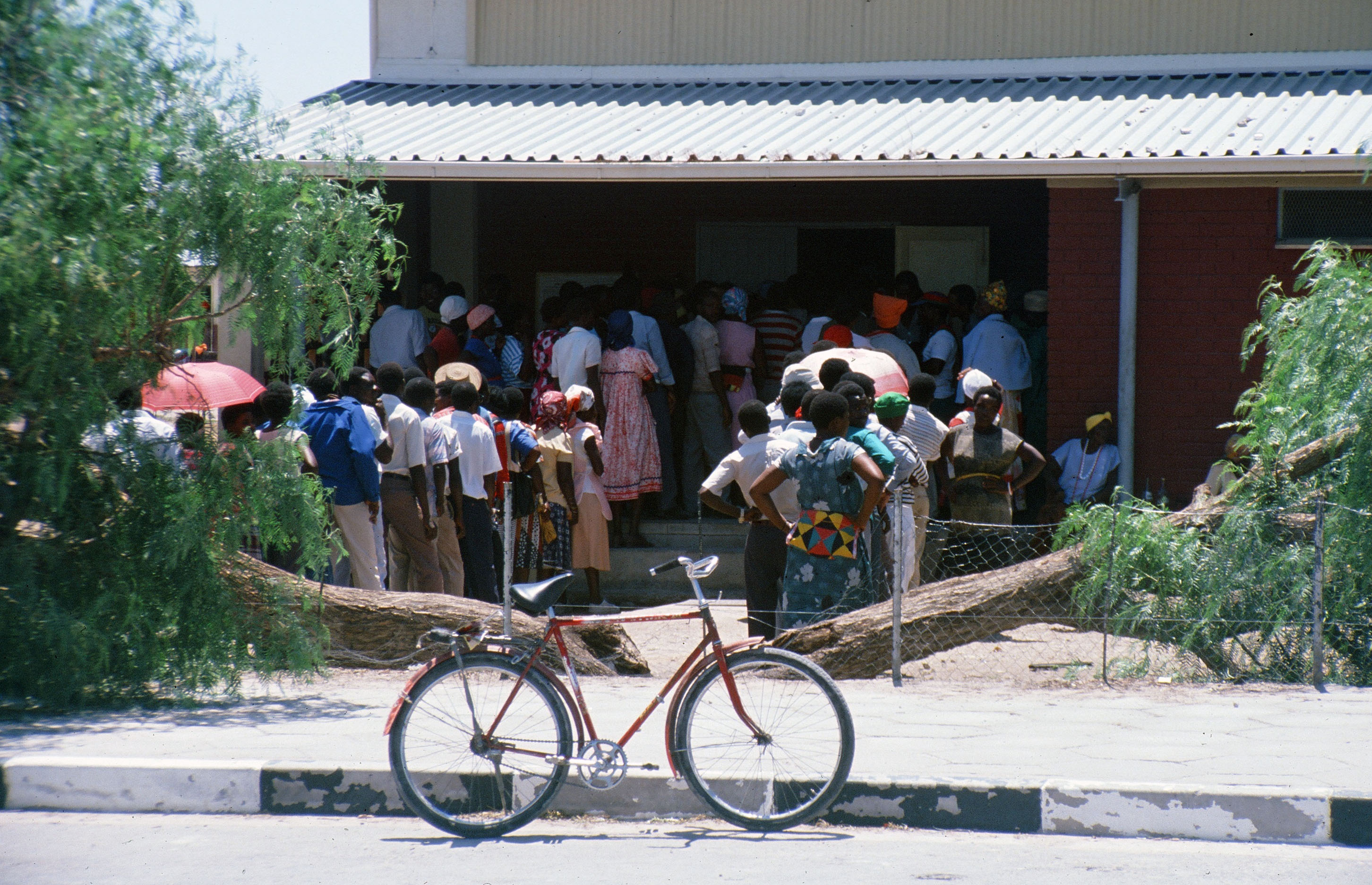
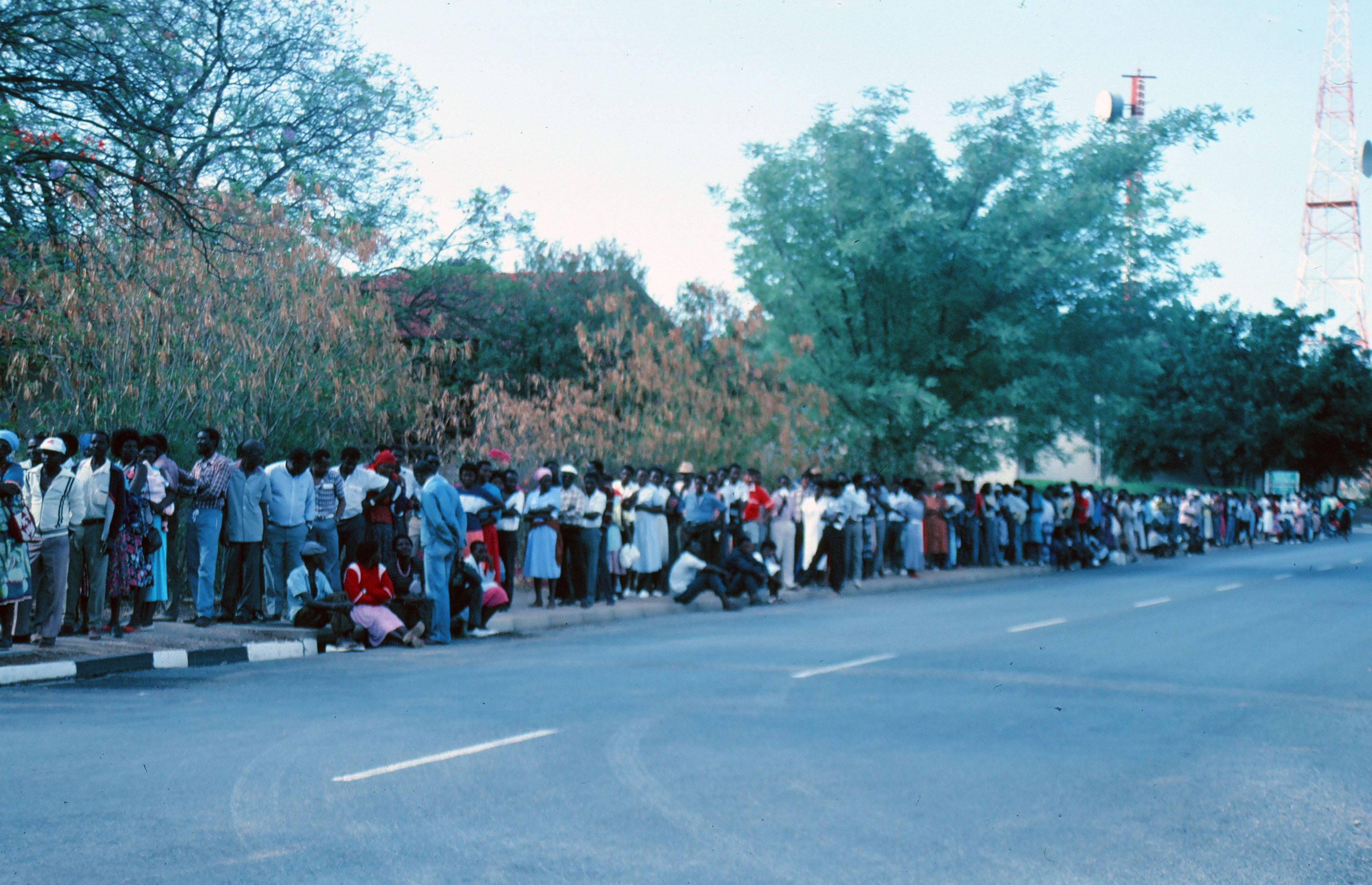
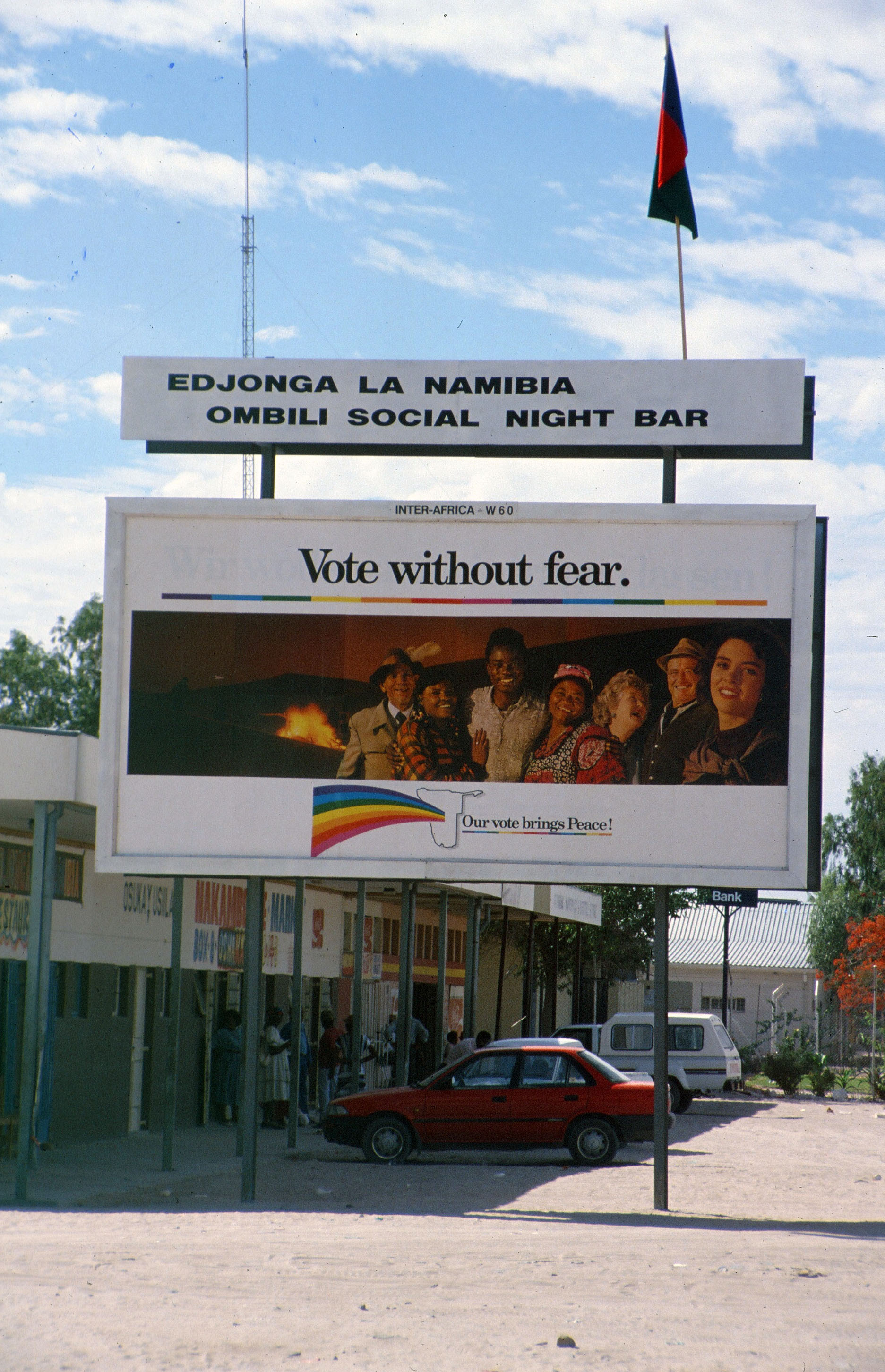
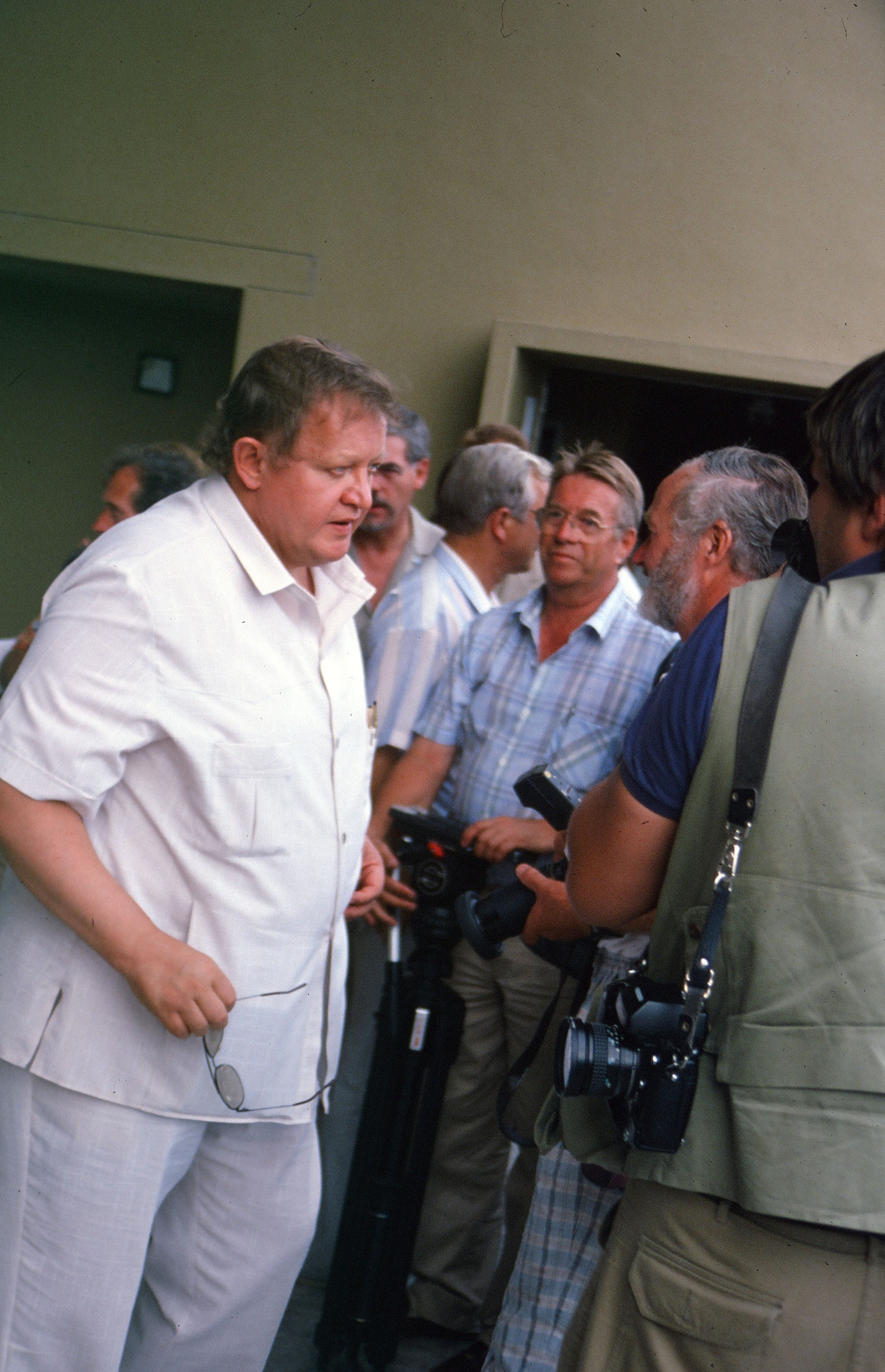
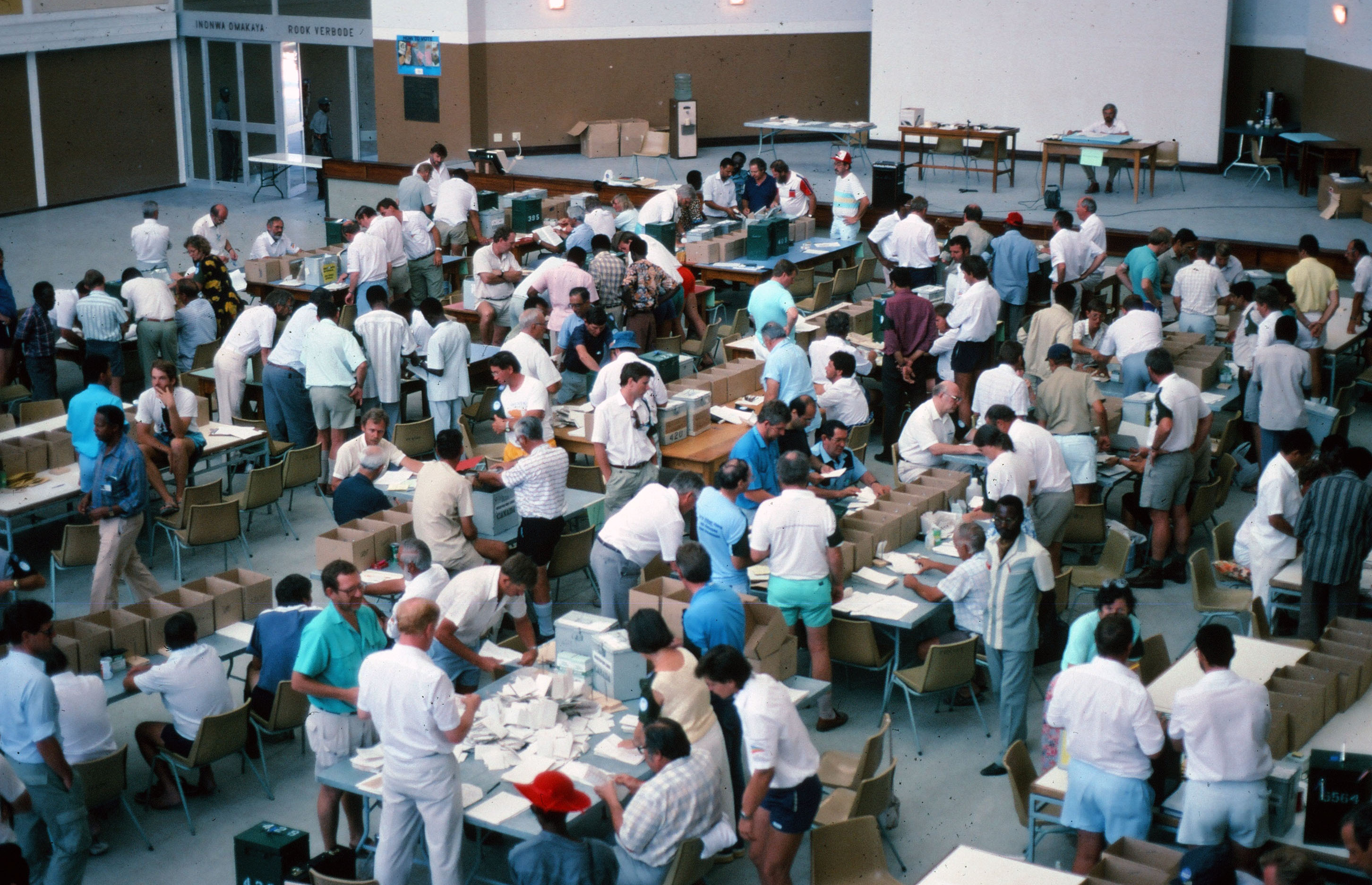
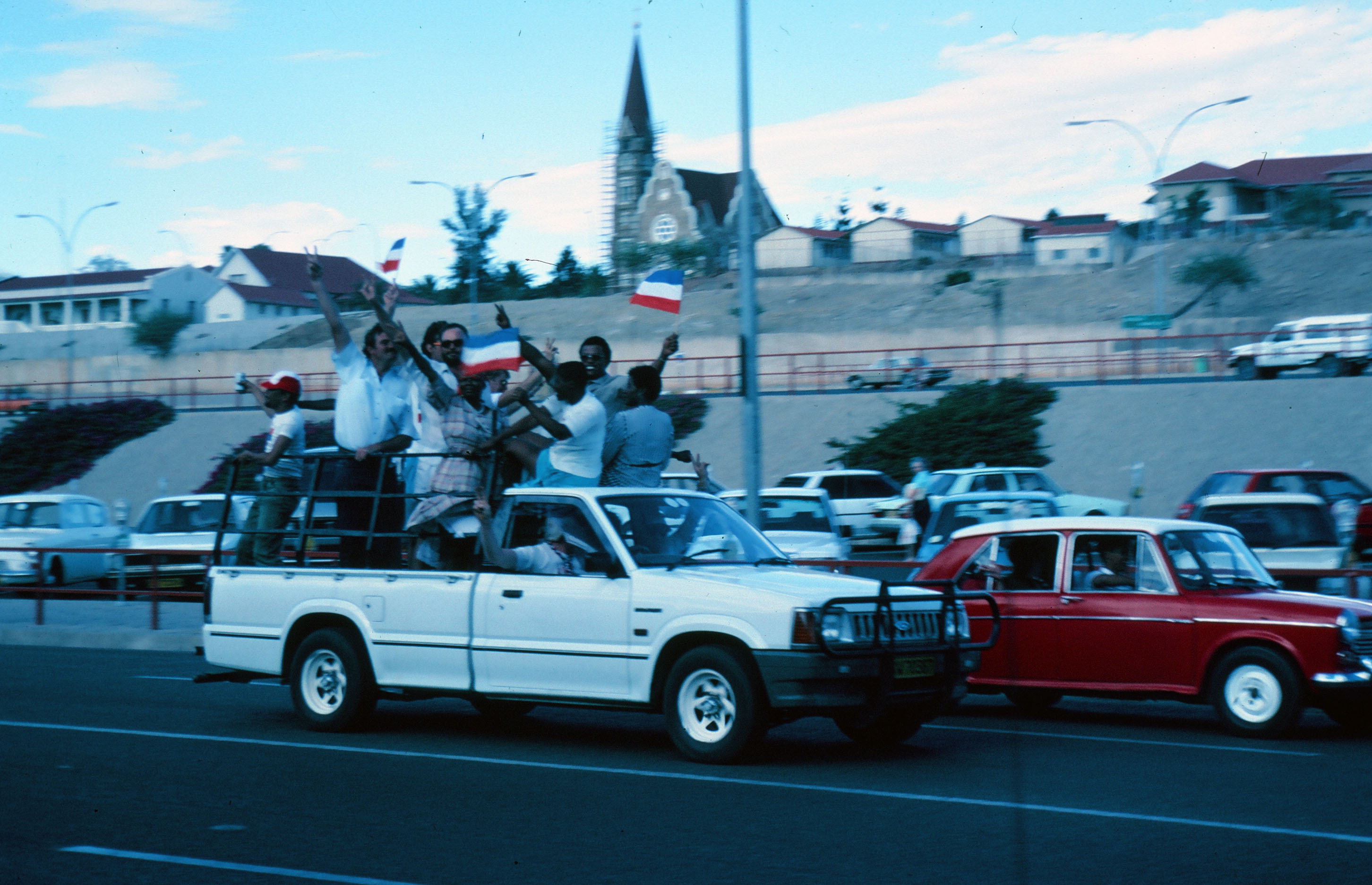
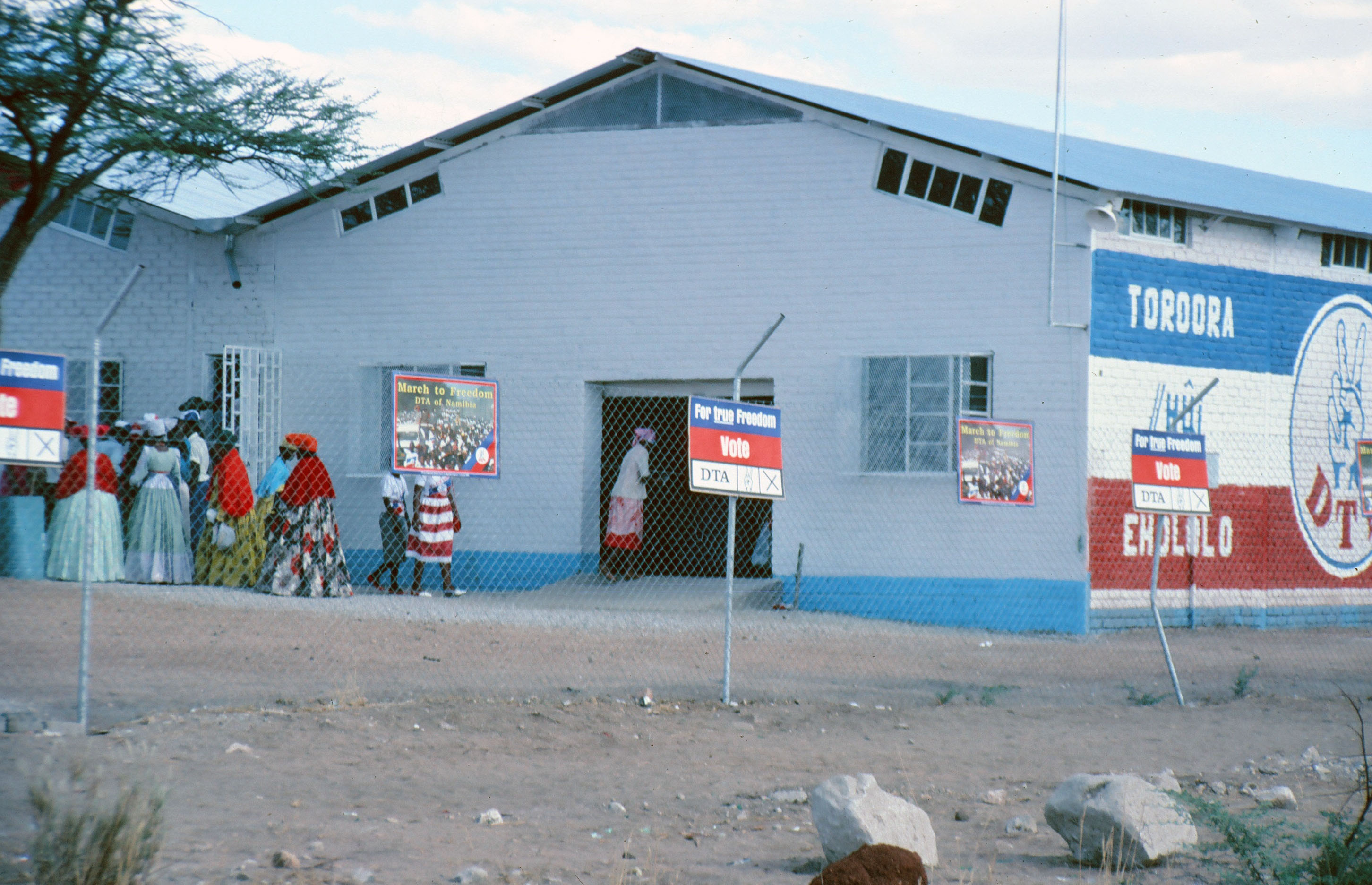
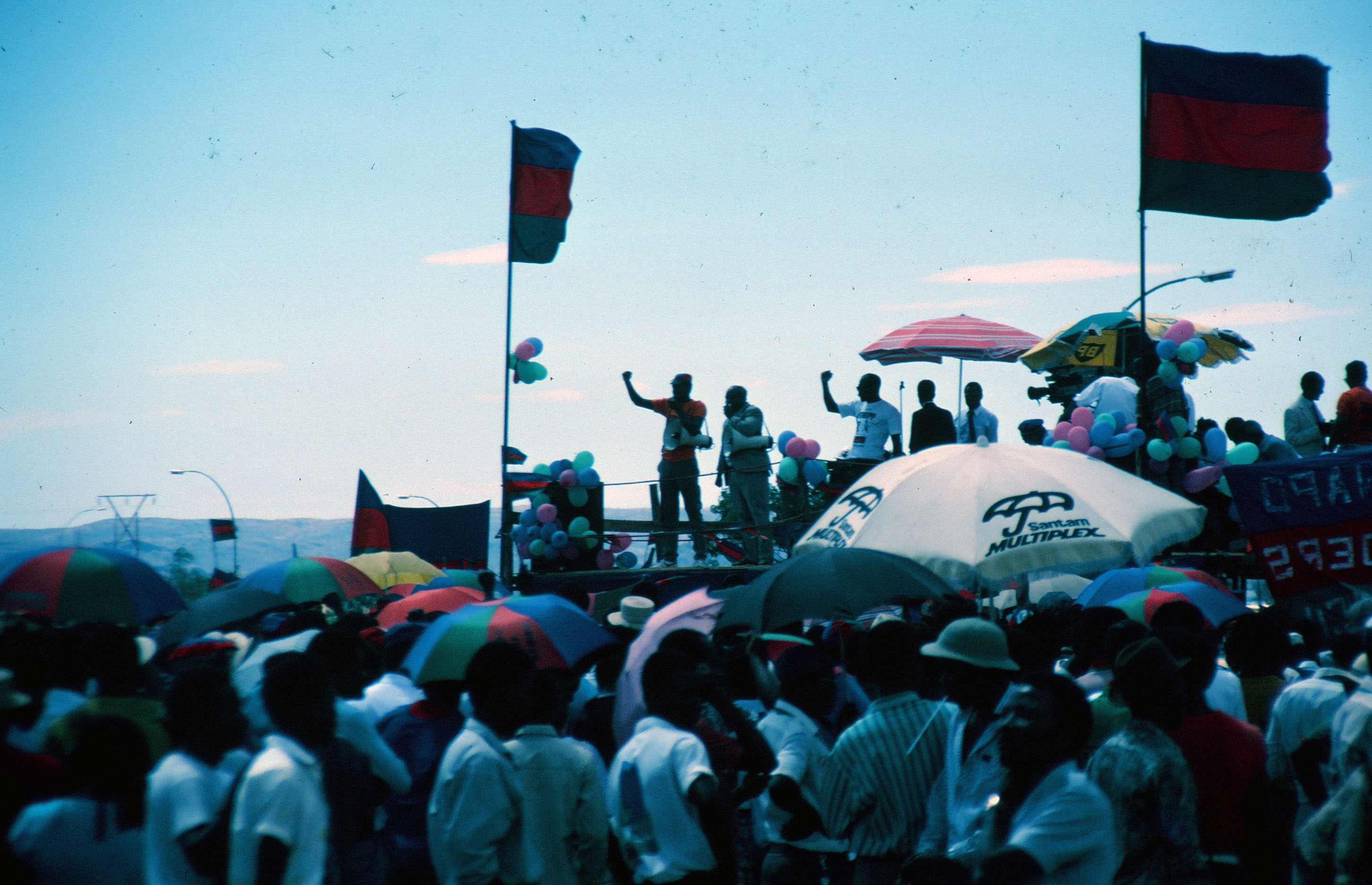
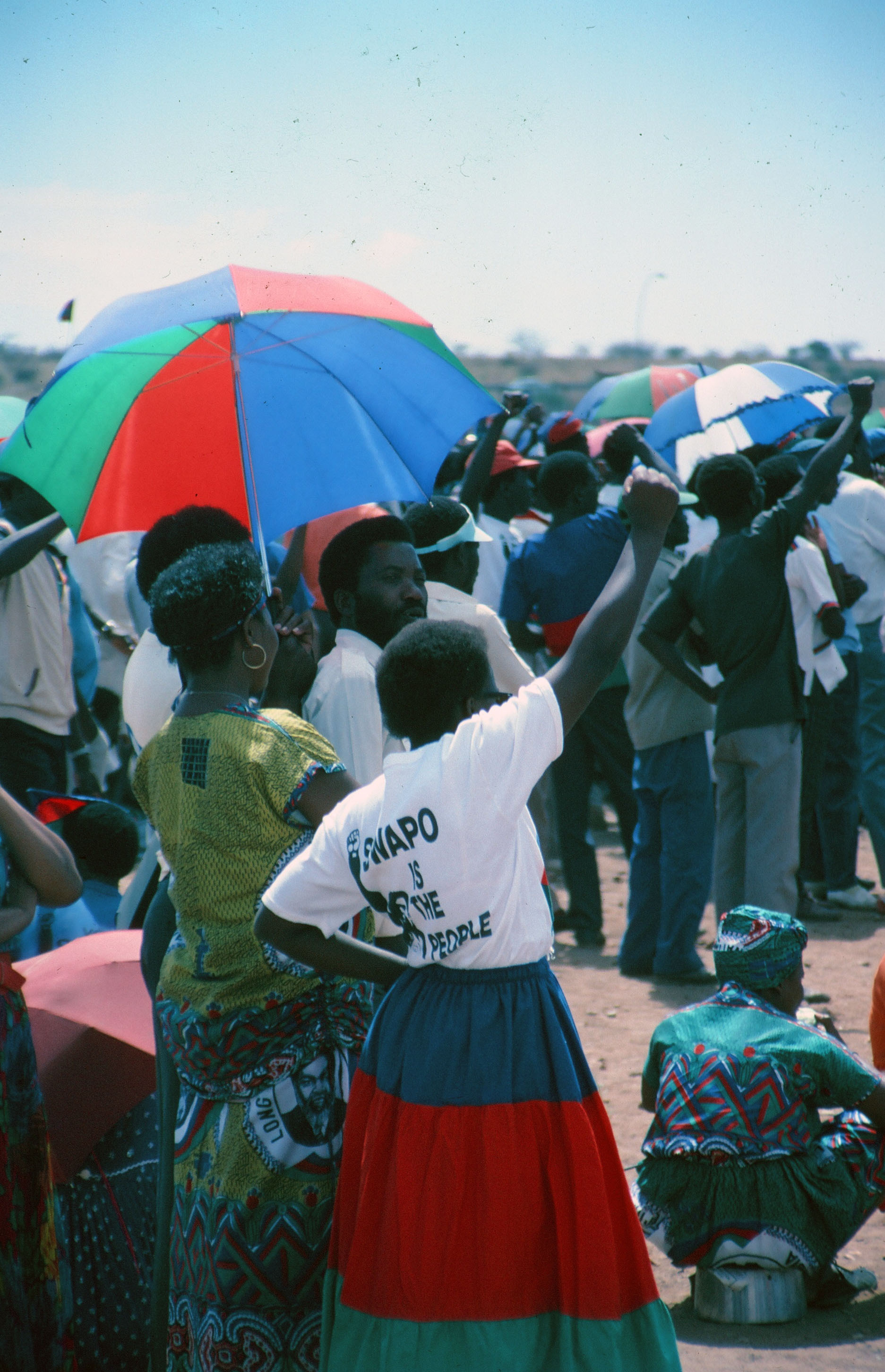
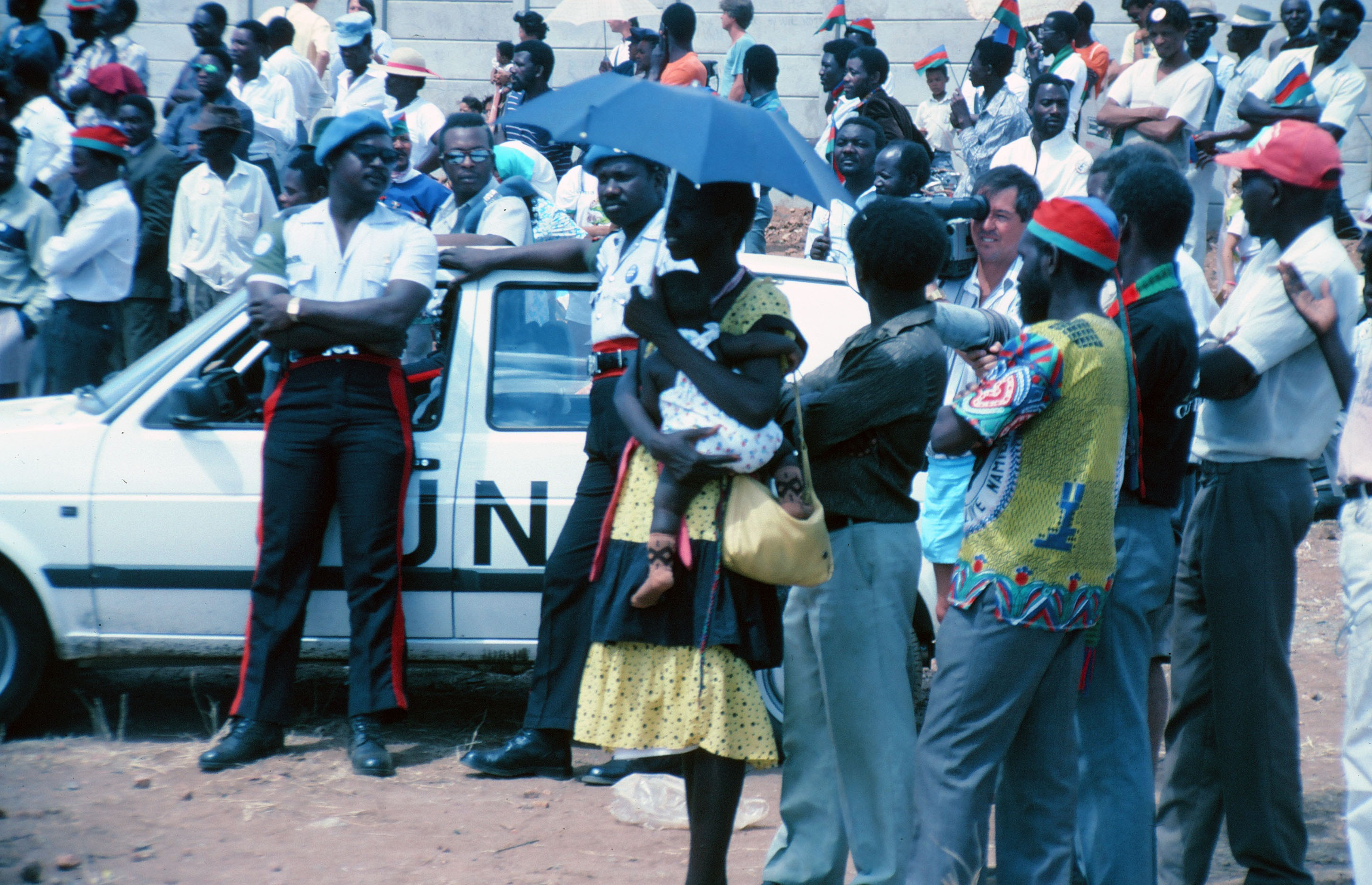
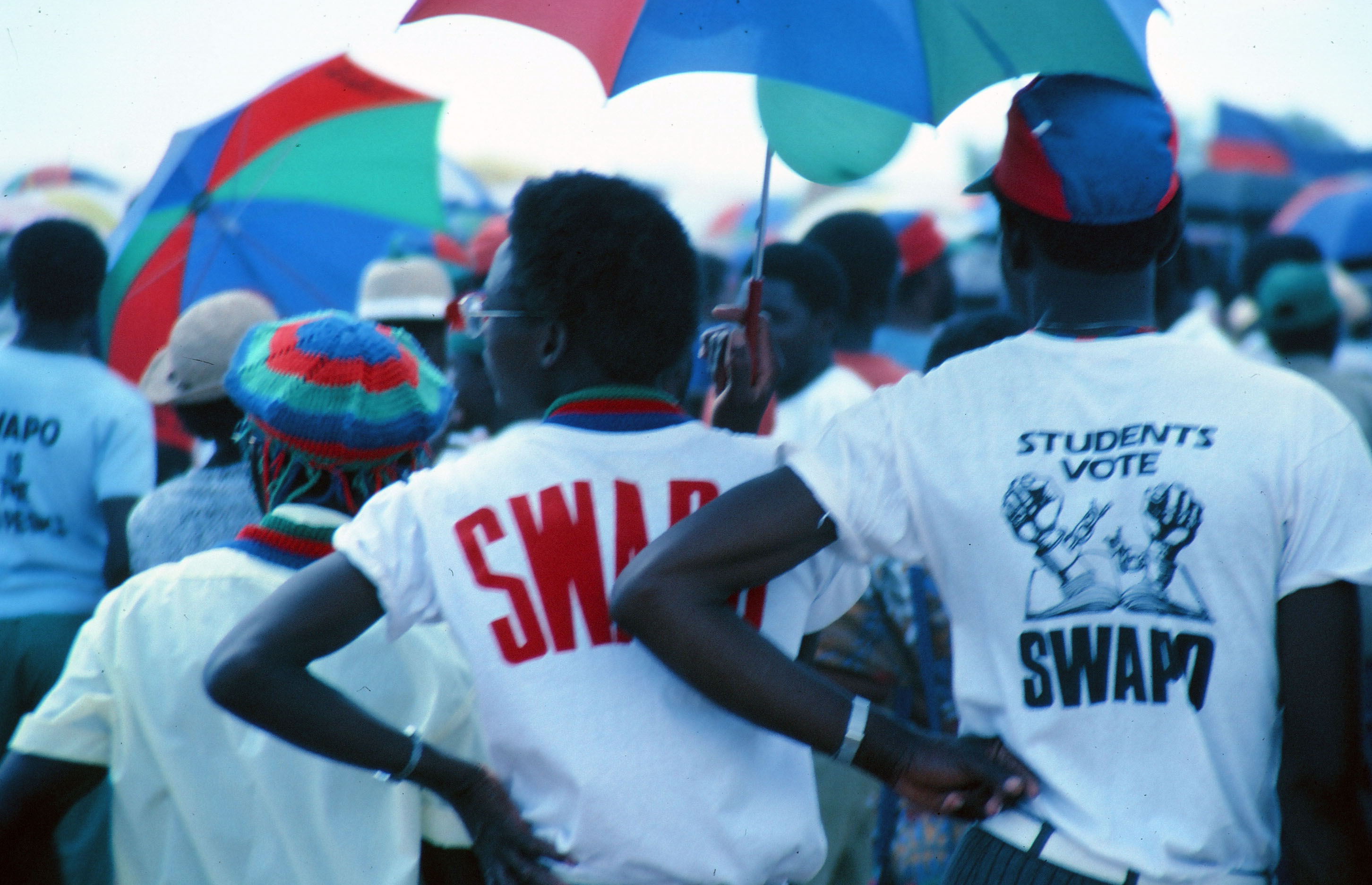
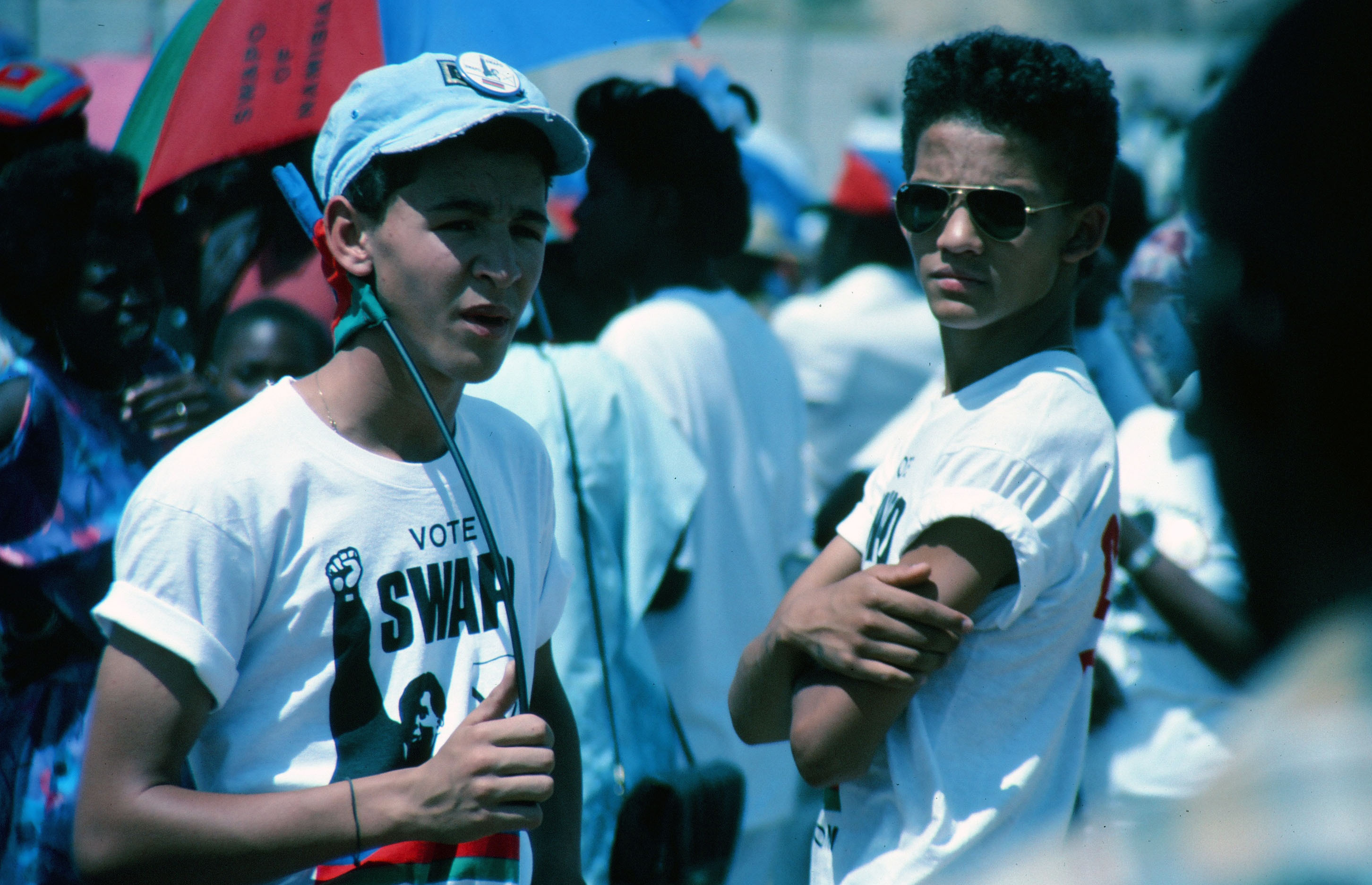
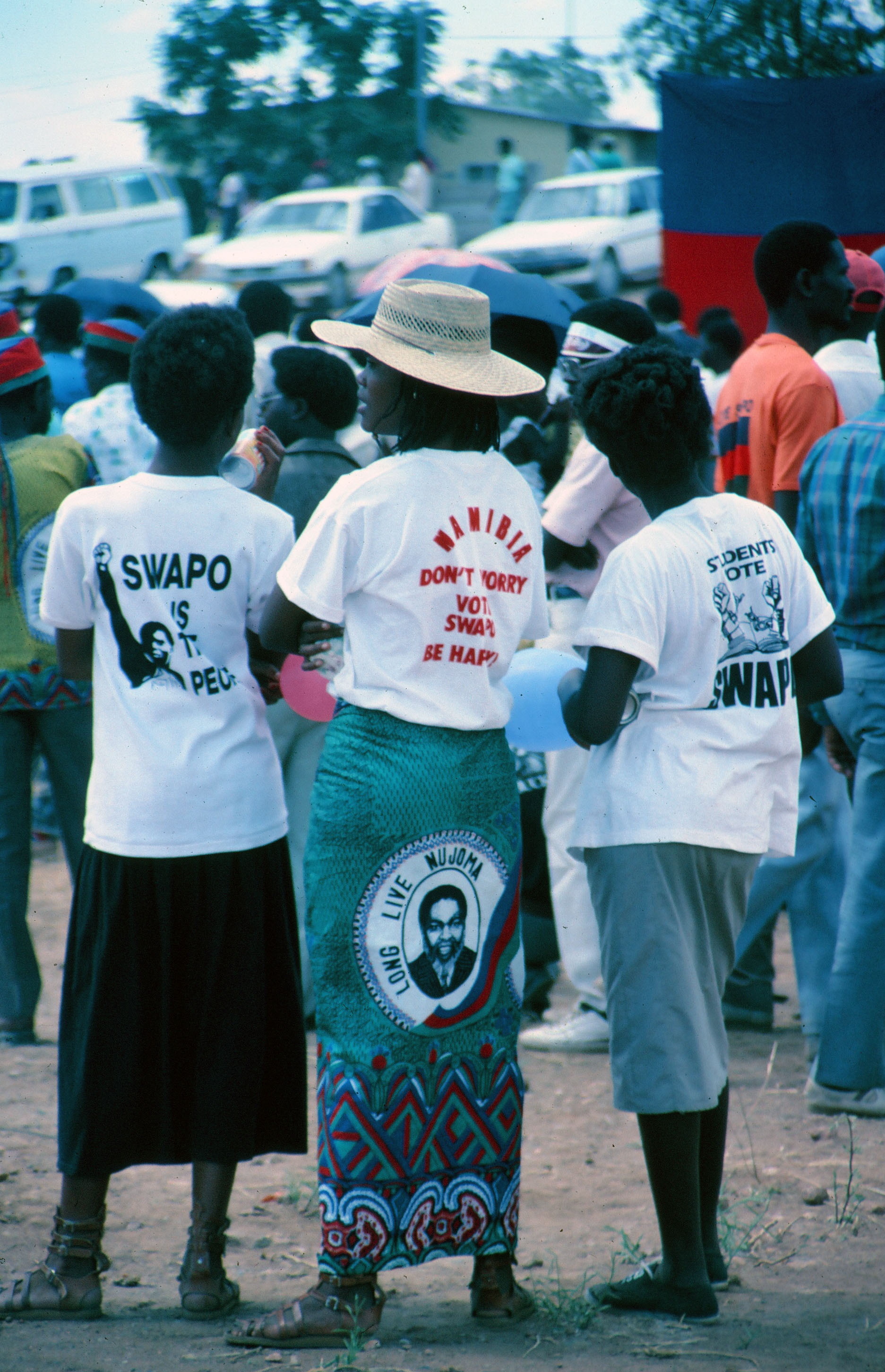
.png)
.png)


.png)







.png)


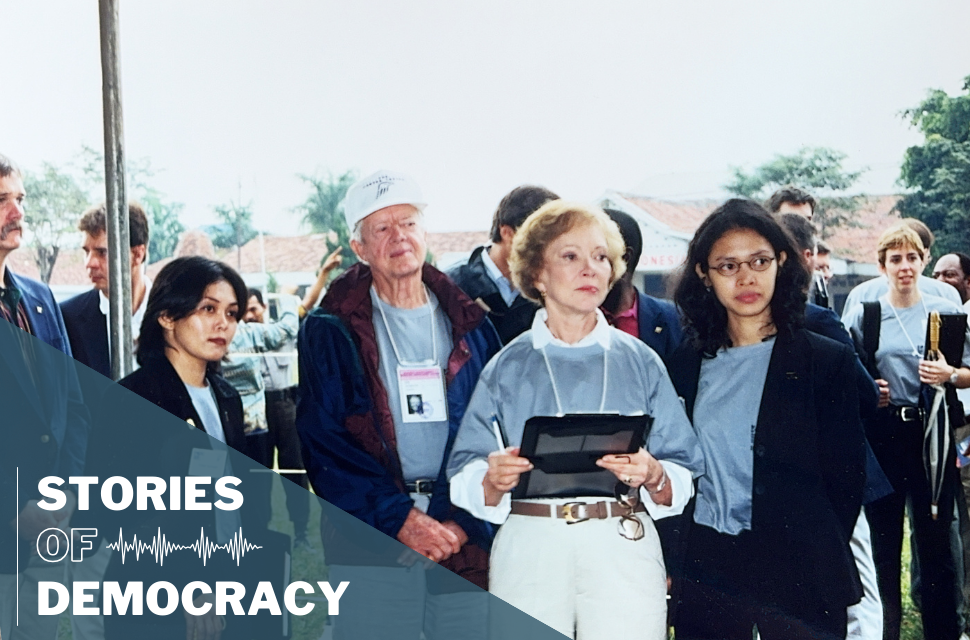
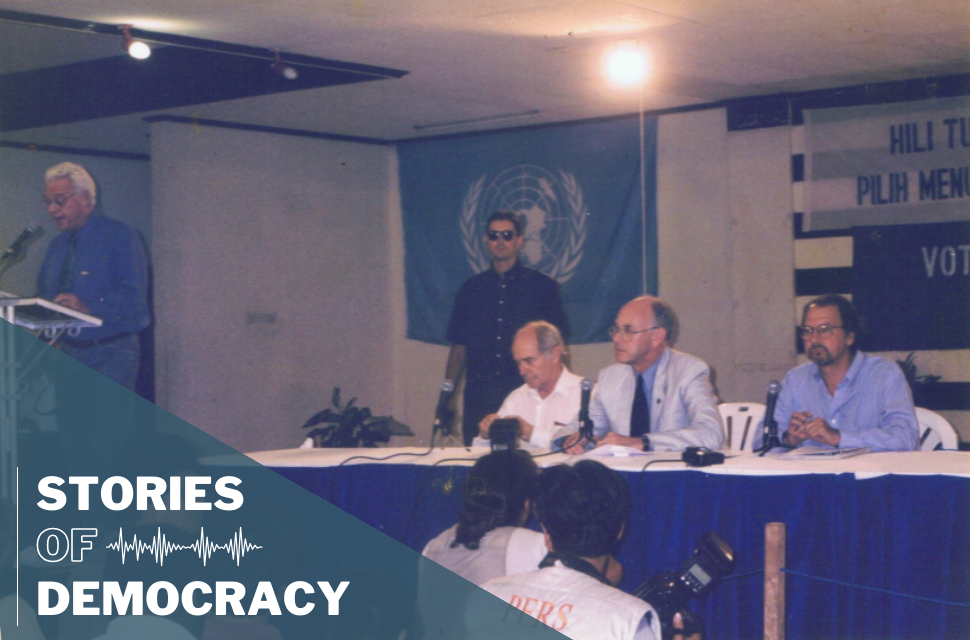

.png)

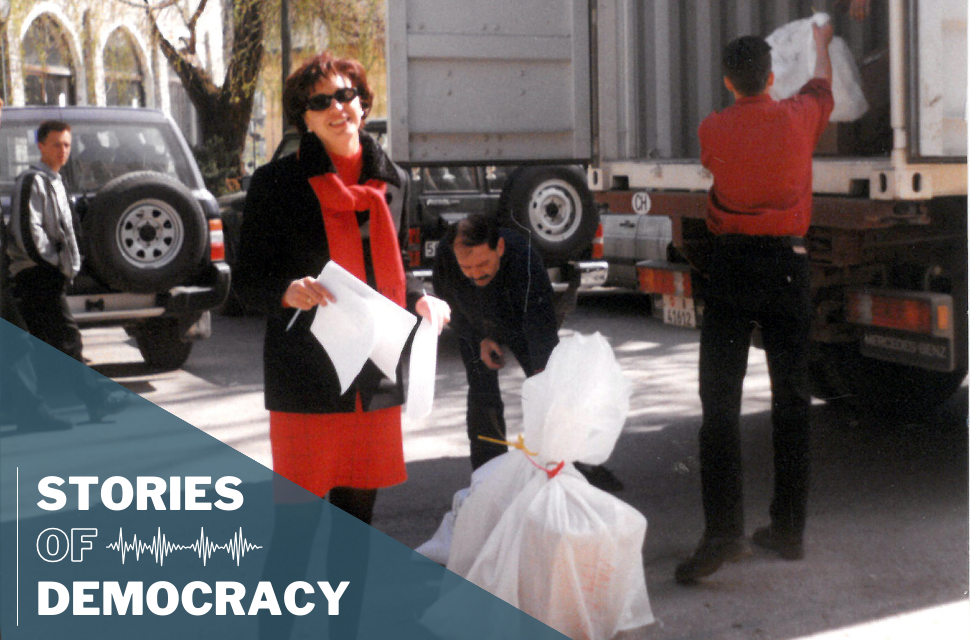

.png)





.png)
.png)
.png)
.png)
